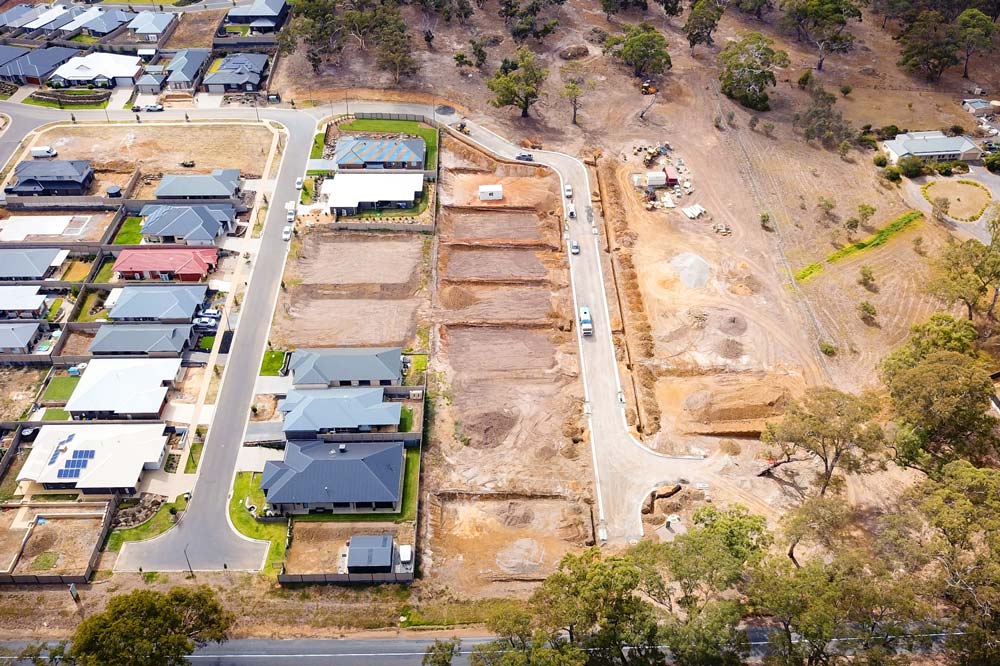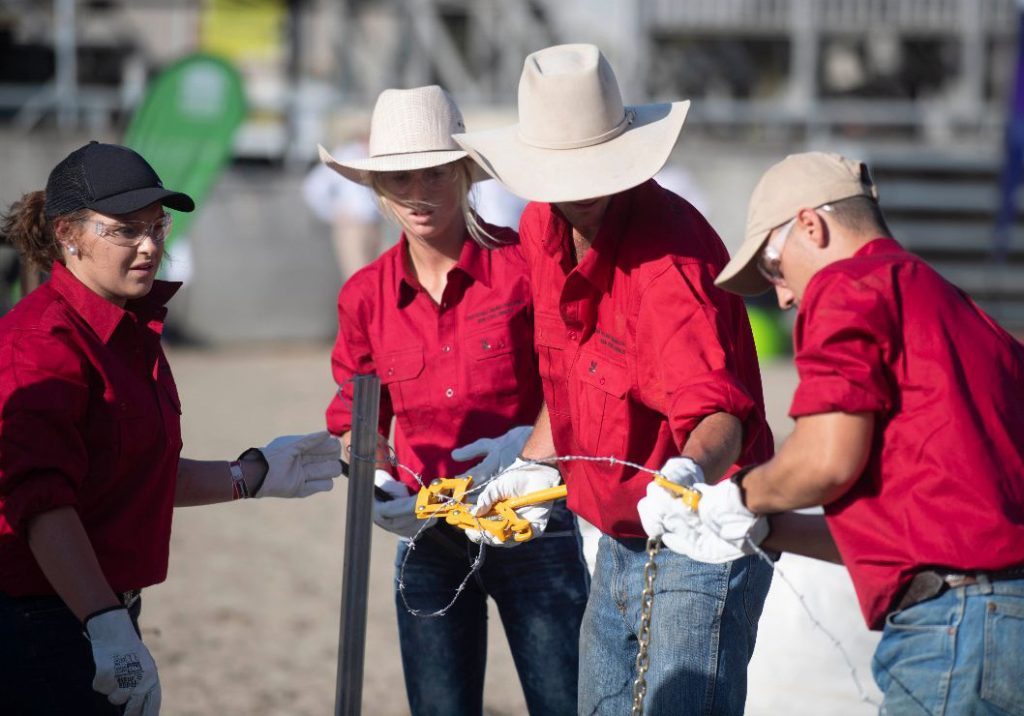Eye-Opening Dispatches From Vietnam
After three long years of covid lockdown-induced solitary confinement, a loyal Liberty Itch subscriber cut loose, left Australia for South-East Asia and found herself in Vietnam.
Animated by what she saw, I started to receive her much-welcomed dispatches about daily life there.
Now, if you read any 1960s and 1970s history, you know Vietnam is communist. But what my friend’s streetscape dispatches reveal is that daily life is anything but centrally-controlled. In fact, what she witnessed felt more like the hustle and bustle of enterprise or, as our intrepid adventurer pithily described …
“official communism, sure,
yet with a je ne sais quoi libertarian, freewheeling spirit,
small-scale capitalist at every turn.”
I’ll step out of the way. These are her words …
There are no rules, Kenelm. It’s fend for yourself. Even these communists realise capitalism is the way to go. Free markets and small business. It feels like what I imagine 1880s London or 1980s Hong Kong to be. Free. Laissez faire. Taxes are low. 5%+ for residents. 20% flat tax for foreigners. The communists simply don’t have the money for bureaucrats. They’ve taken themselves out of the game and let people live their own lives.
There’s genuine economic development here. It’s booming.
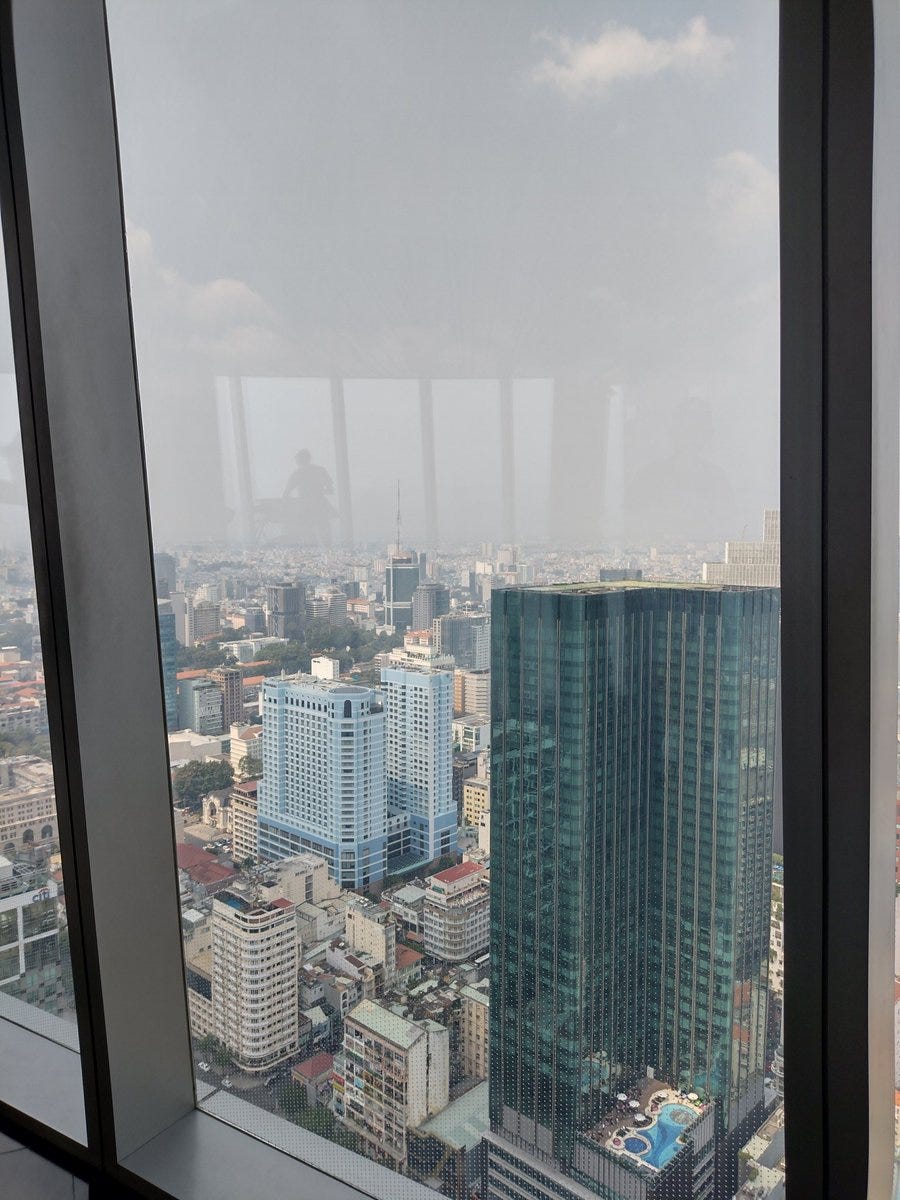
There is little of government here to save you. You save yourself or drown, which isn’t an option.
So, family is very important. Your family takes care of you in your old age, not the government. You know, like we used to do in Australia.
Prices are so low.
Petrol is a mere 37 cents a litre. No fuel excise. Can you imagine?
Food is cheap.
At the end of a long, hard day, cocktails are $2.50.

Road rules? The only rule here appears to be there are no rules, almost anarchy. Yet it works. A loose framework exists where thousands stop on a red light. But only when it suits them. Lanes on the road? Only use those if you absolutely must. It’s better to weave right, left, and even preferrable to pit your life against a semi-trailer coming from the opposite direction, because you absolutely must overtake the vehicle in front of you.
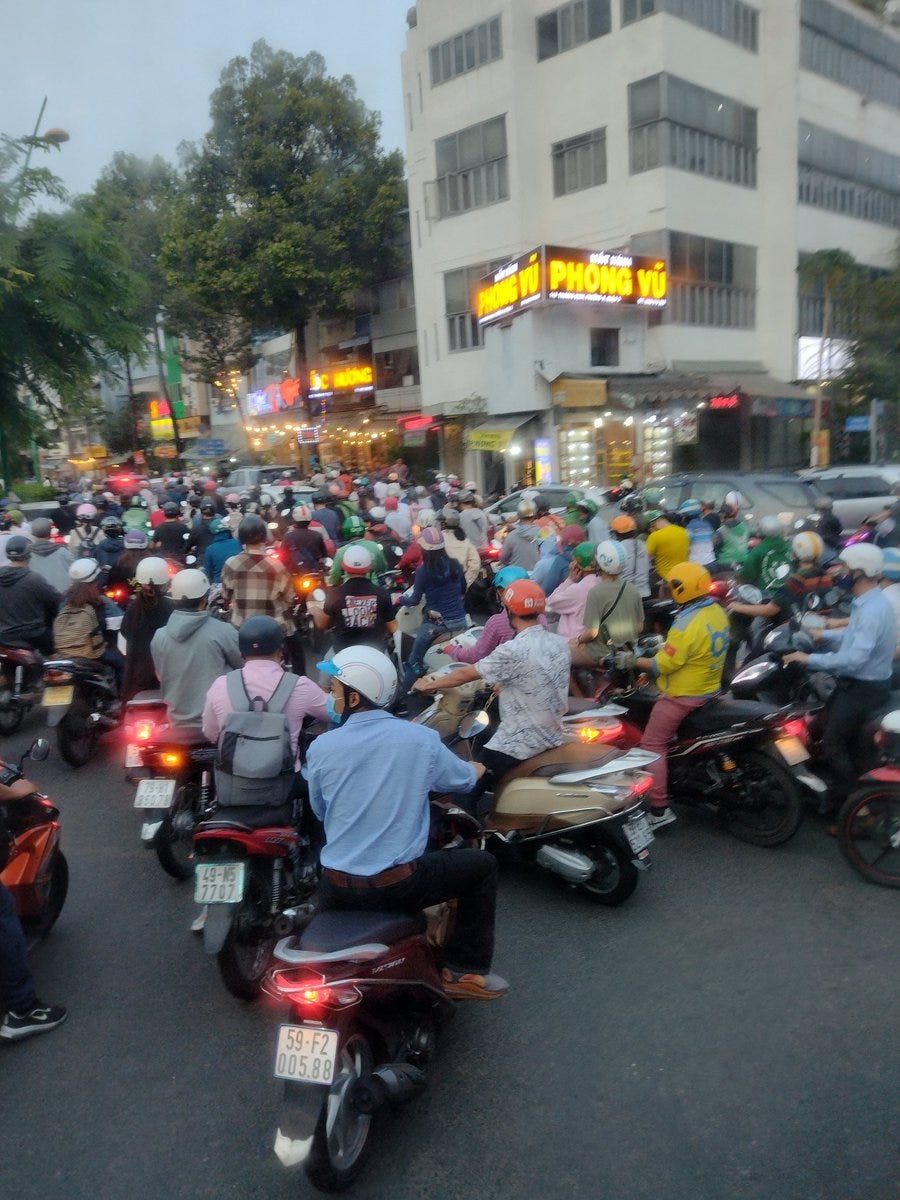
Pedestrian crossings? A mere piffle, an abstract idea where someone thought stripes of white paint were to beautify the road. The pedestrian who stands at one end expecting the traffic to stop for her, hah! She is the pedestrian who never returns home alive. As one local said to our observer, “If you don’t move, you’ll die. You need to move. Not too fast. Not too slow” … to which I replied, “Oh, you mean the Goldilocks effect”. The harrowed local muttered “Who is Goldilocks?” under his breath. Big tip! It’s best to wait for a small gap in the traffic. Walk whilst praying to God the entire time that He will see you safely to the other side.
Footpaths? You know, for human feet? A figment of an idea, I tell you. They are just another lane for bikes to scoot down in the gridlocked peak hour traffic. Footpaths are places to park, to open your front gate, to wheel your dolly-trolly, to sell your wares for the day. All day and every day. The pedestrians are after-thoughts.
Did I mention $3 Singapore Slings?
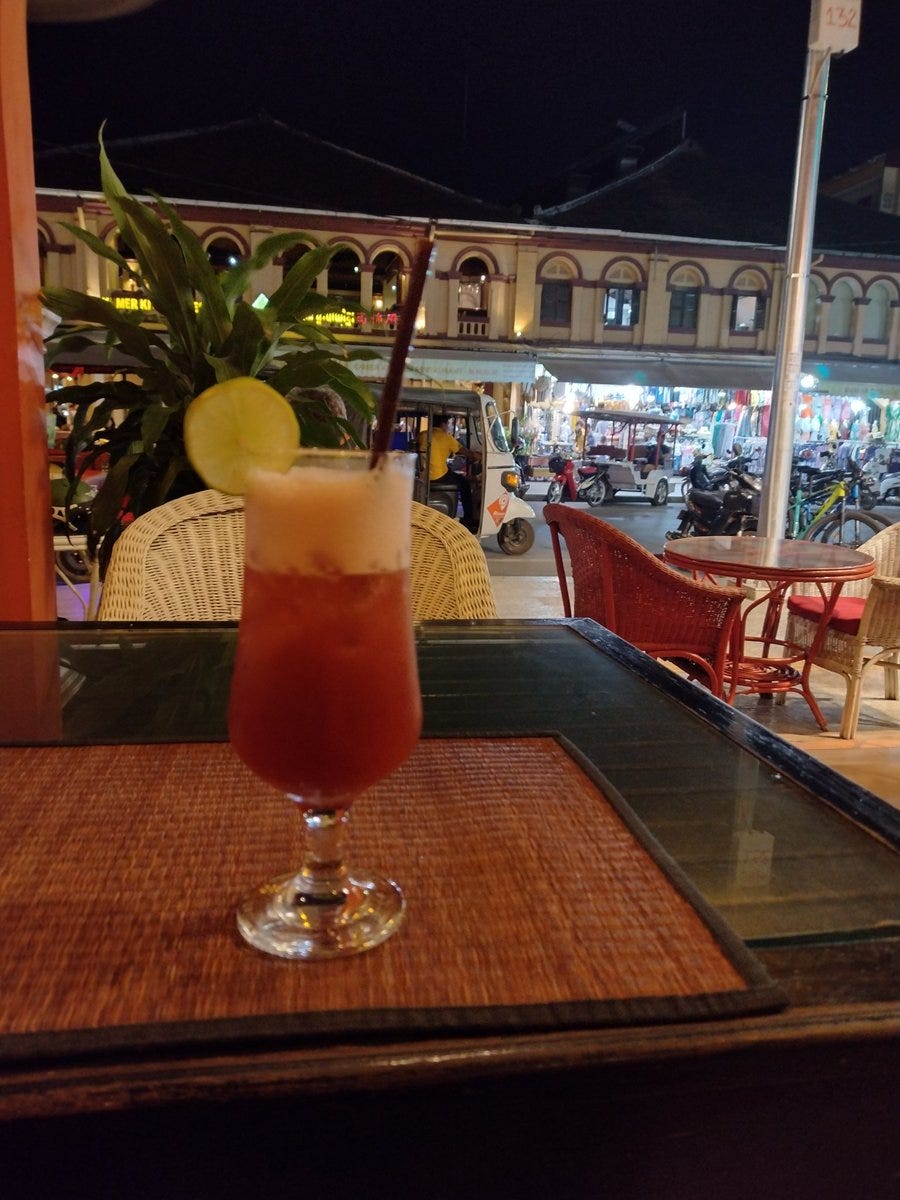
There aren’t suffocating regulations about, say, straws. Yes, you can get a decent plastic straw in Vietnam!

Communism, lurking in the background somewhere, OK. But the streetscape looks what I imagine laissez faire to be. It’s a rambunctious, rollicking, throbbing freedom, not that poor imitation back home. It’s every man for himself. As the saying goes, “It’s the quick or the dead” around here. Maybe that’s because the communists simply can’t make central planning work to feed people. Maybe they gave up that aspiration long ago. Everyday people her feed themselves and their families through good old-fashioned free trade.
This is what Australia is competing with! Enterprising, self-reliant people. Low prices. There’s a lot of manufacturing being exported. They value add. It’s not a big quarry like other economies we’re familiar with!
The West is on the precipice of losing something incredibly precious.
In comparison to Vietnam,
we need to wrap society in cotton wool
and legislate for every possible scenario that might make us sick, kill or injure us.
We’ve left the realm of common sense, we’re stifled and soft-pruned by a socialist bubble bath. Individuals can no longer assess risk with any degree of rationality. Individuals are increasingly absolved of all self-responsibility and that power is being placed into the hands of faceless bureaucrats and legislators who make decisions on our behalf. It’s not needed. It’s not in our best interests. Vietnam proves it.
Remind my fellow Liberty Itch subscribers, as I often remind my friends, none of us are getting off this planet alive! We need to take back our autonomy, before it’s too late.
To all of which, I can only say to my friend, hear hear!

